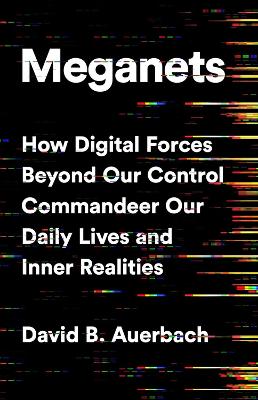Reviewed by Jeff Sexton on
And yet, this is also a book that everyone *needs* to read and understand. Auerbach manages to boil his primary thesis of what meganets are and how they operate into three very simple yet utterly complex words: Volume. Velocity. Virality. And he repeats these words so *very* often that you *will* remember them long after you've read this text. (Though I note this writing this review just 24 hrs after finishing my read of it, and knowing I'll read at least 30 more books before 2022 is done. So check back with me on that after this book actually publishes in about 4.5 months. :D)
Indeed, really the only problem here - potentially corrected before publication - is that at least in the copy I read, the bibliography only accounted for about 15% of the text, which is fairly light for a nonfiction book in my experience, where 20-30% is more normal and 50% is particularly well documented. Thus, the single star deduction.
Still, this truly is a book everyone, from casual readers uninterested in anything computer yet who are forced to use computers in modern life to the uber-techs actually working in and leading the fields in question to the politicians and activists seeking to understand and control these technologies, needs to read. Very much recommended.
Reading updates
- Started reading
- Finished reading
- 29 October, 2022: Reviewed
